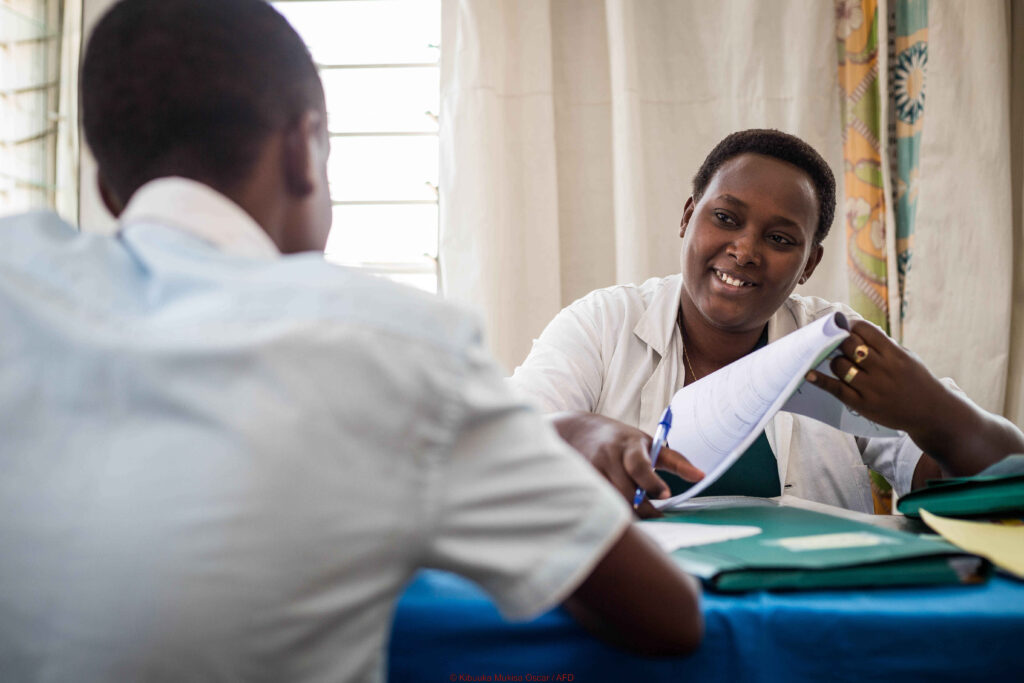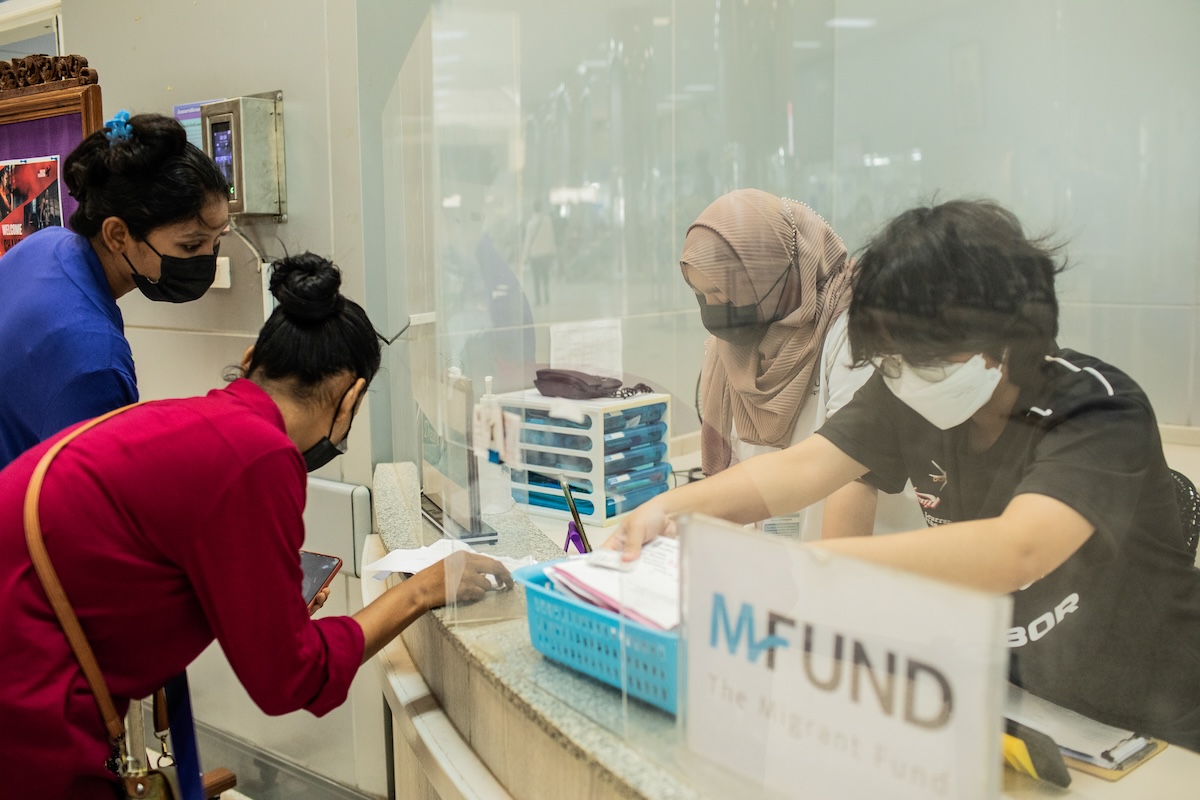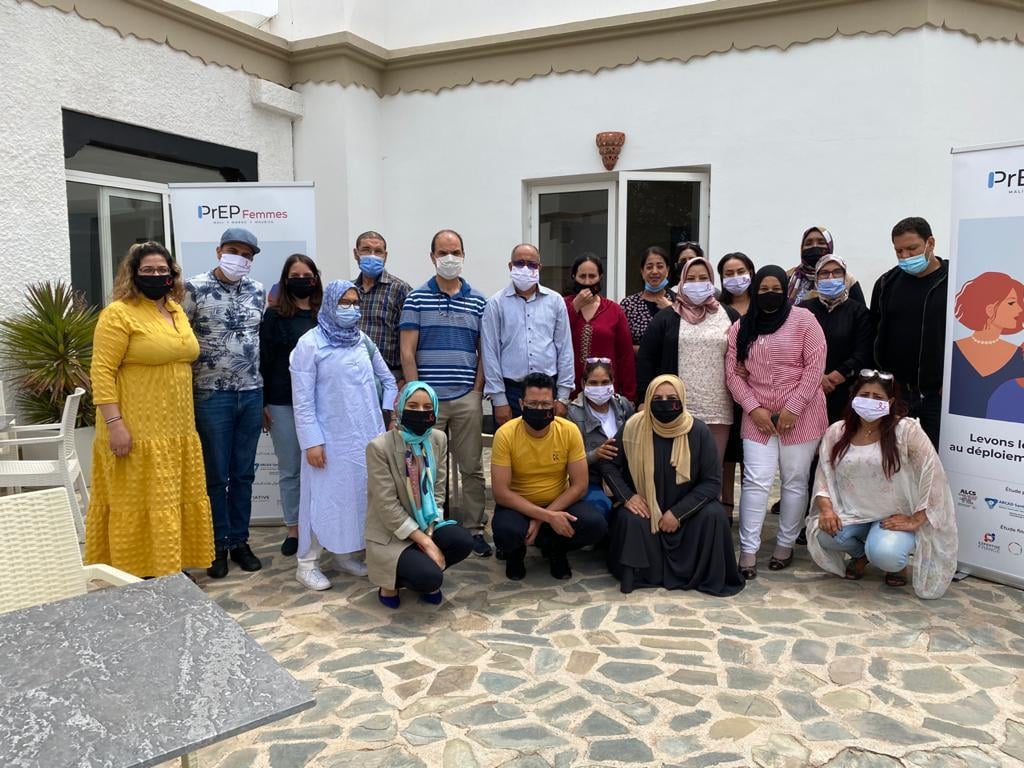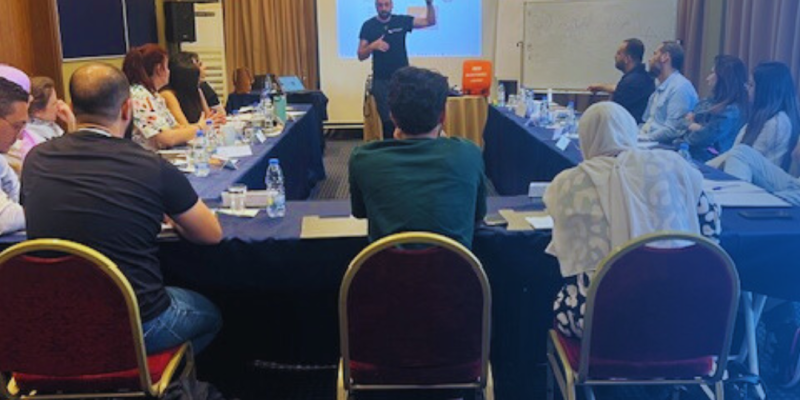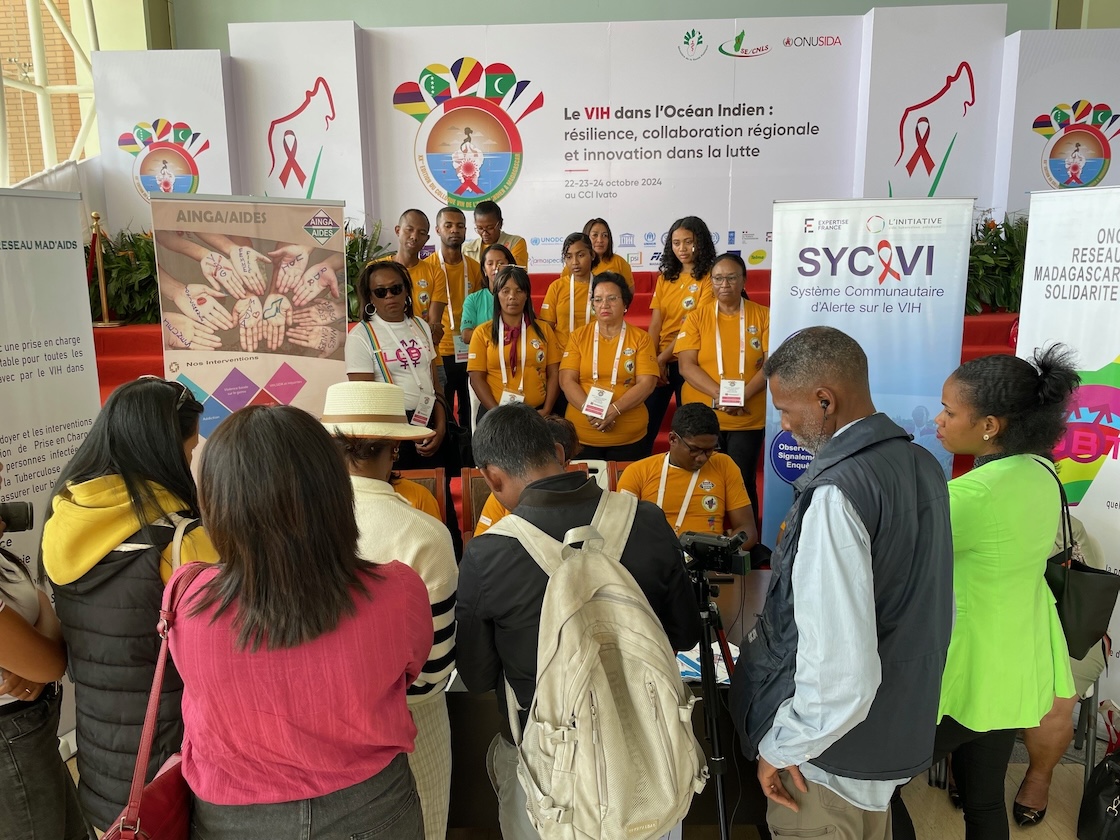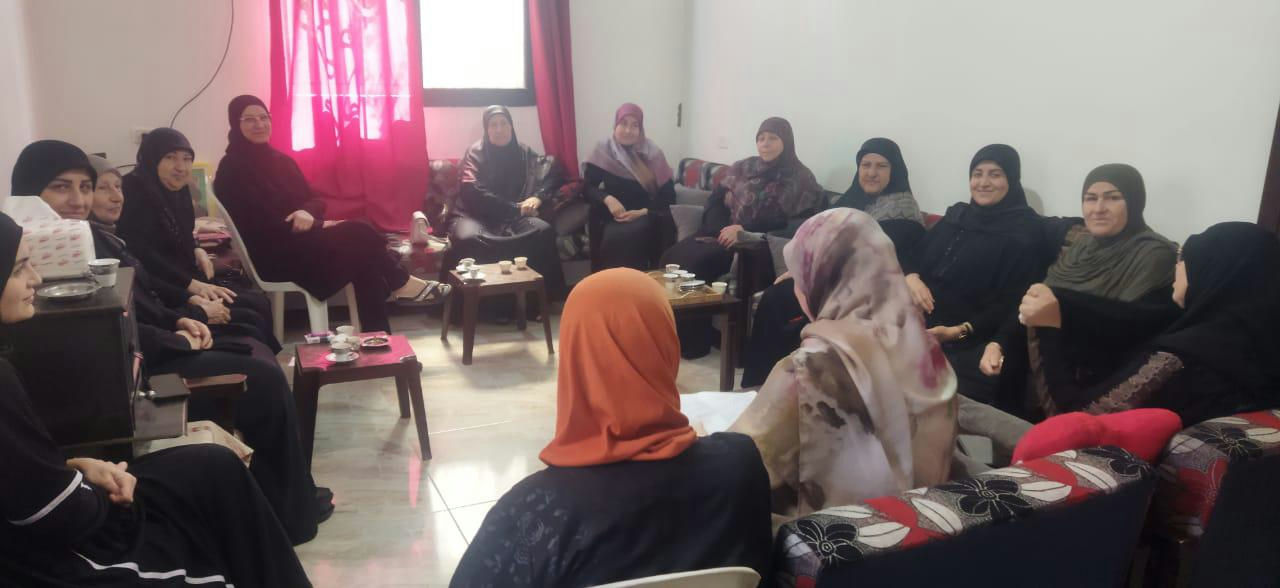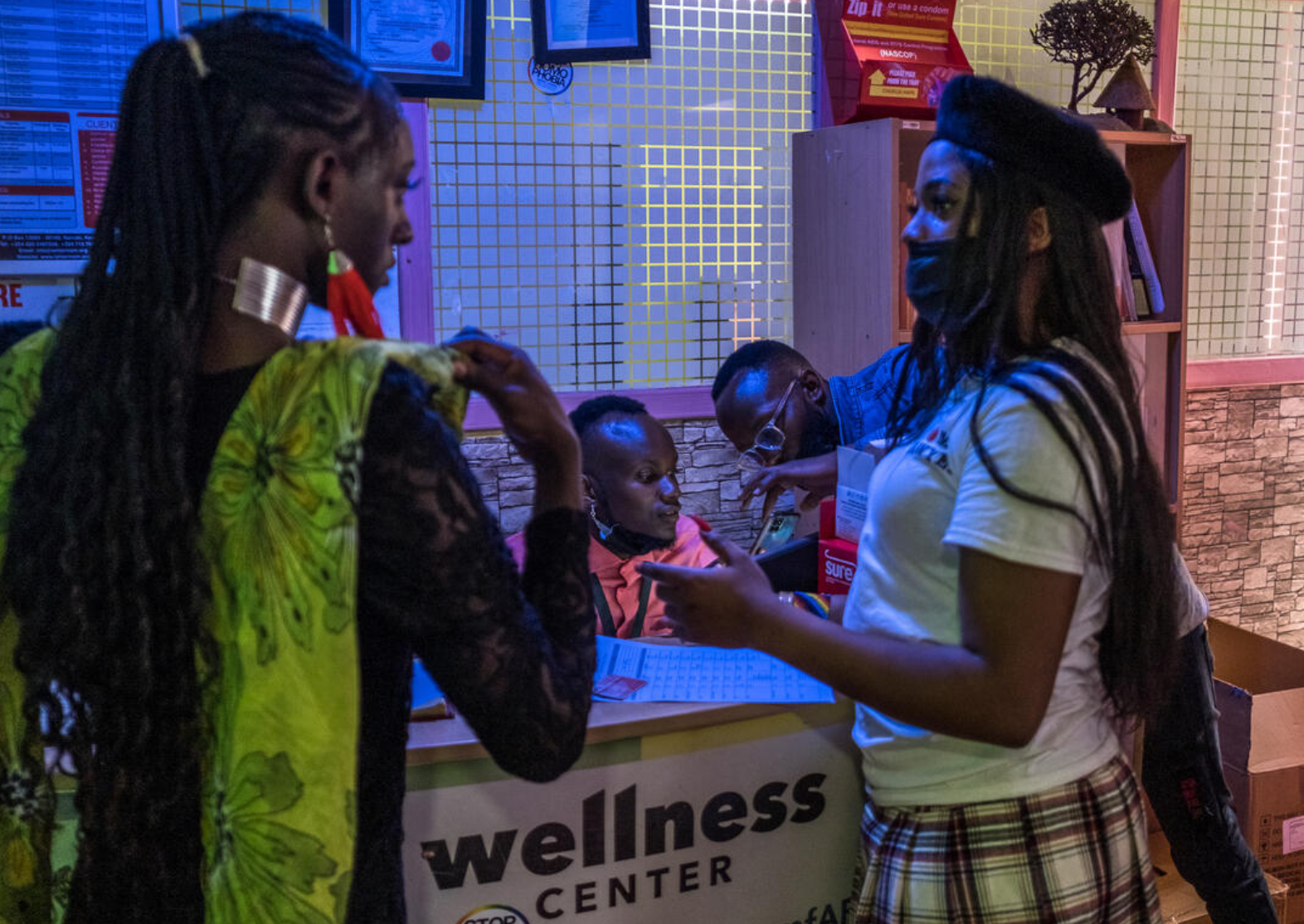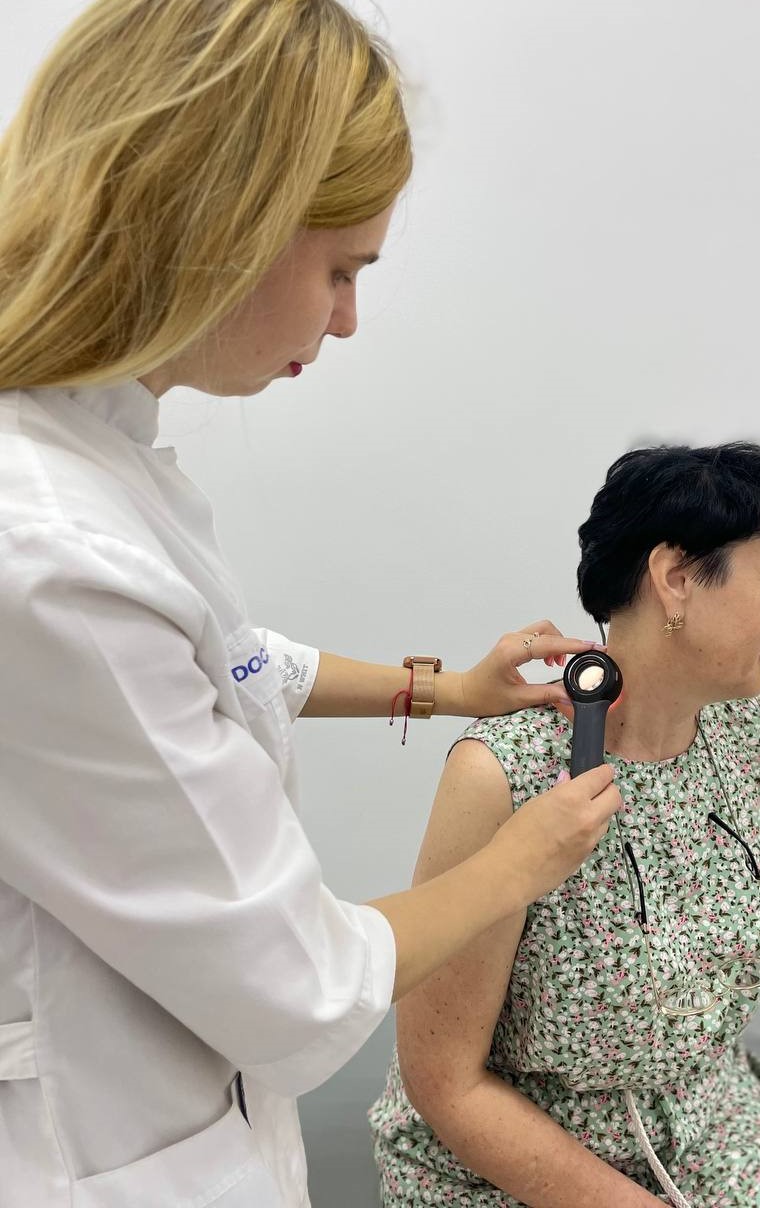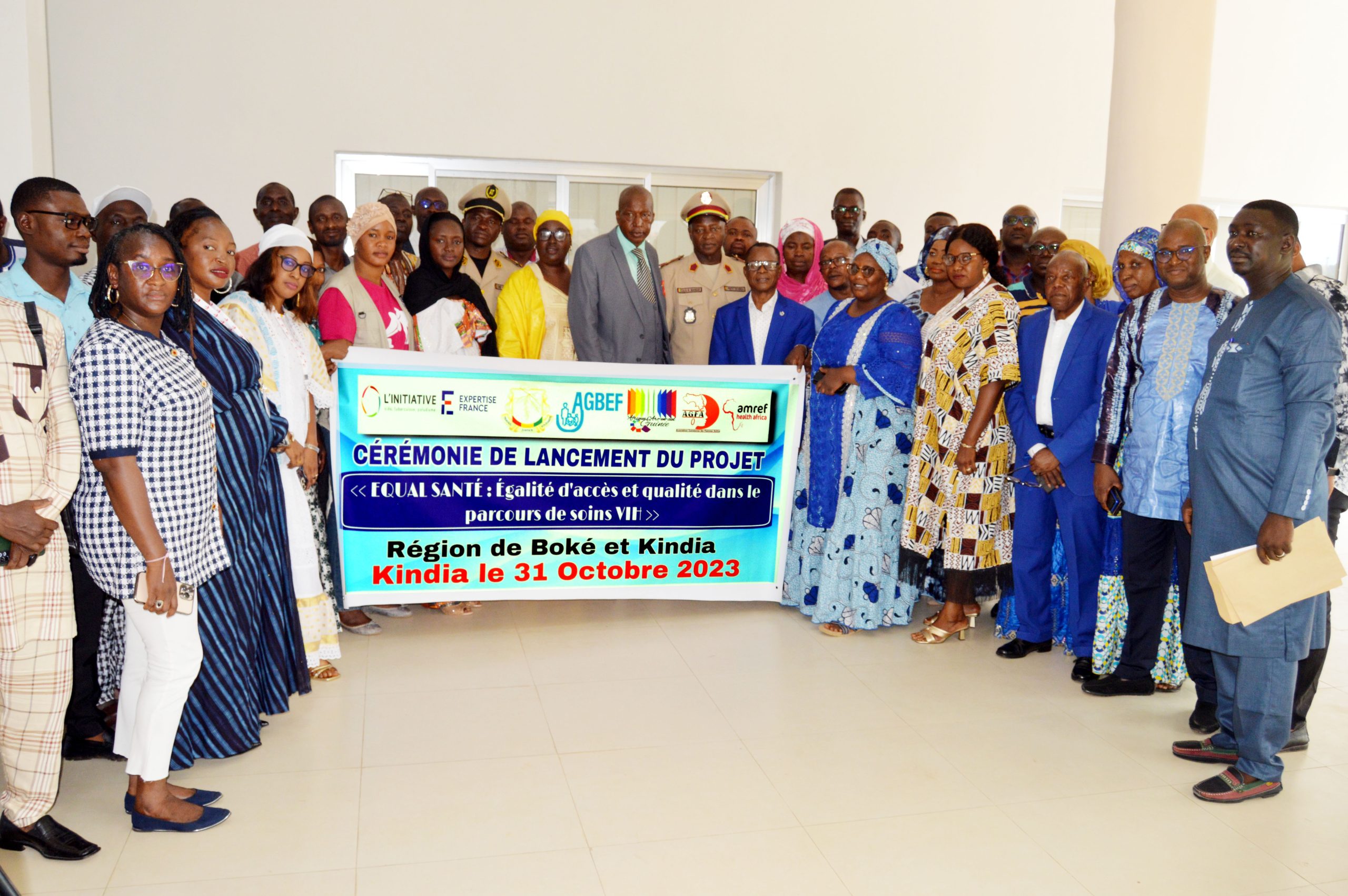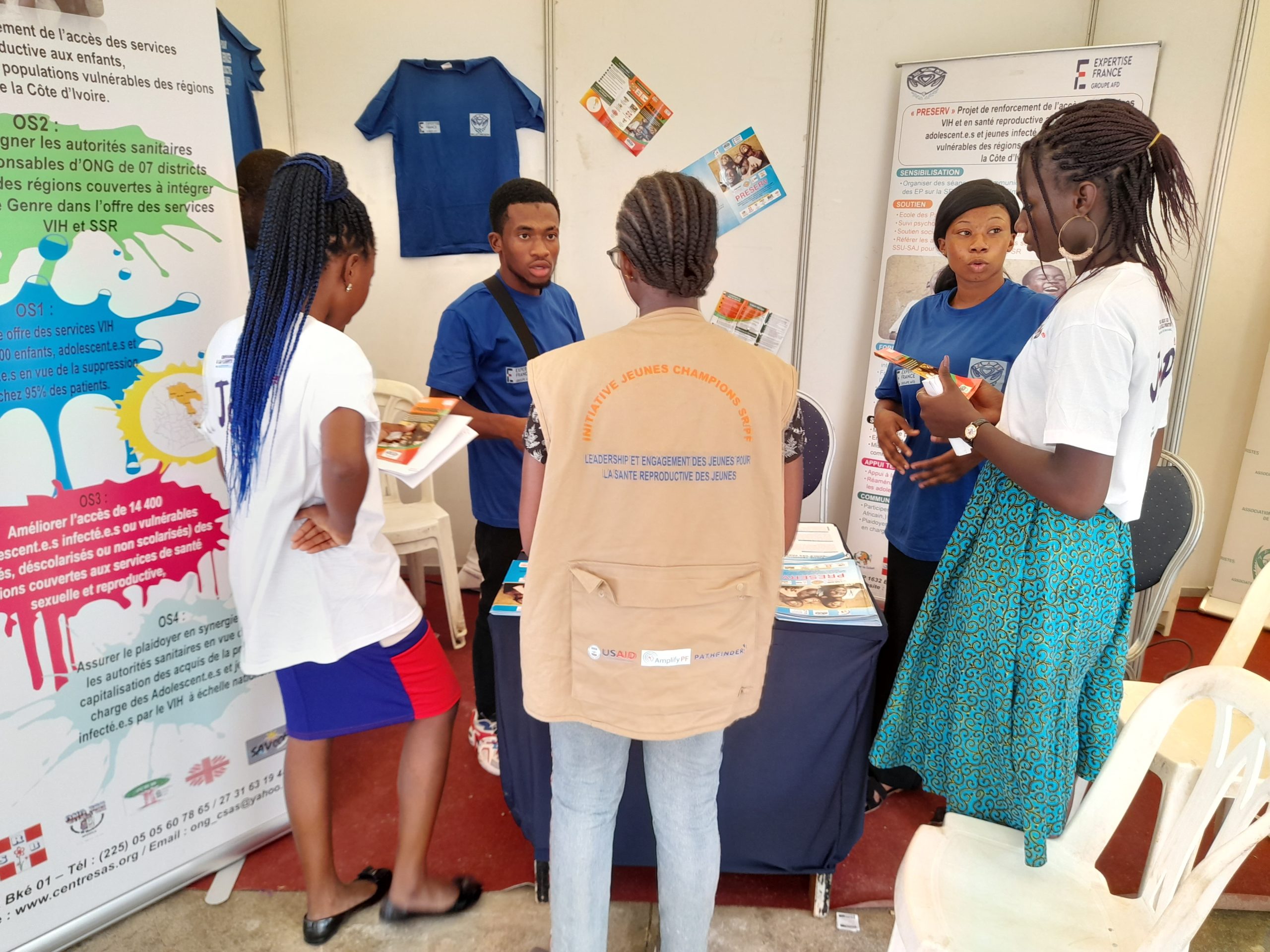The Accès santé 2 project is improving access to sexual health services for key populations and vulnerable women in three countries. It aims to strengthen existing services, introduce innovative services and influence public health policies to ensure their sustainability.
Context
The project is set within the specific context of each of the three countries: Morocco, Burundi and Mauritius, all of which face major sexual health challenges. In Burundi, political crises hamper the availability of health services, increasing women’s vulnerability to gender-based violence and resulting in high rates of HIV infection and sexually transmitted infections among key populations. In Morocco, restrictive laws and discriminatory social norms limit access to HIV prevention and reproductive health services. In Mauritius, despite low HIV prevalence, access to sexual and reproductive rights and services remains a challenge for key populations, who often encounter domestic violence. Furthermore, the high level of mistrust towards support and justice systems leads to a significant loss of sight of individuals. The project builds on the success of the previous phase (“Accès Santé 1”), which demonstrated the effectiveness of community -based approaches to sexual health.
Description
In addition to a multi-country approach established on the expertise of Coalition PLUS member associations in sexual health provision, the project’s strategy is to:
- Enable key populations and vulnerable women to access an optimal package of dedicated and enhanced sexual health services;
- Recognize the crucial role of community actors, particularly peer educators, in sexual health provision;
- Integrate these services into national and regional health systems on a sustainable basis.
Impact
This project aims to improve access to sexual health services for key populations, particularly vulnerable women. It also seeks to strengthen the capacity of community systems in terms of sexual health services and influence public health policies. These goals will be achieved by fully leveraging the role of peer education and ensuring the sustainability of sexual health services.
